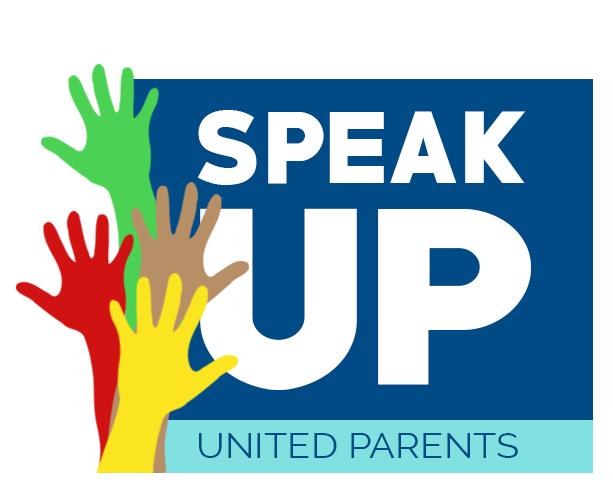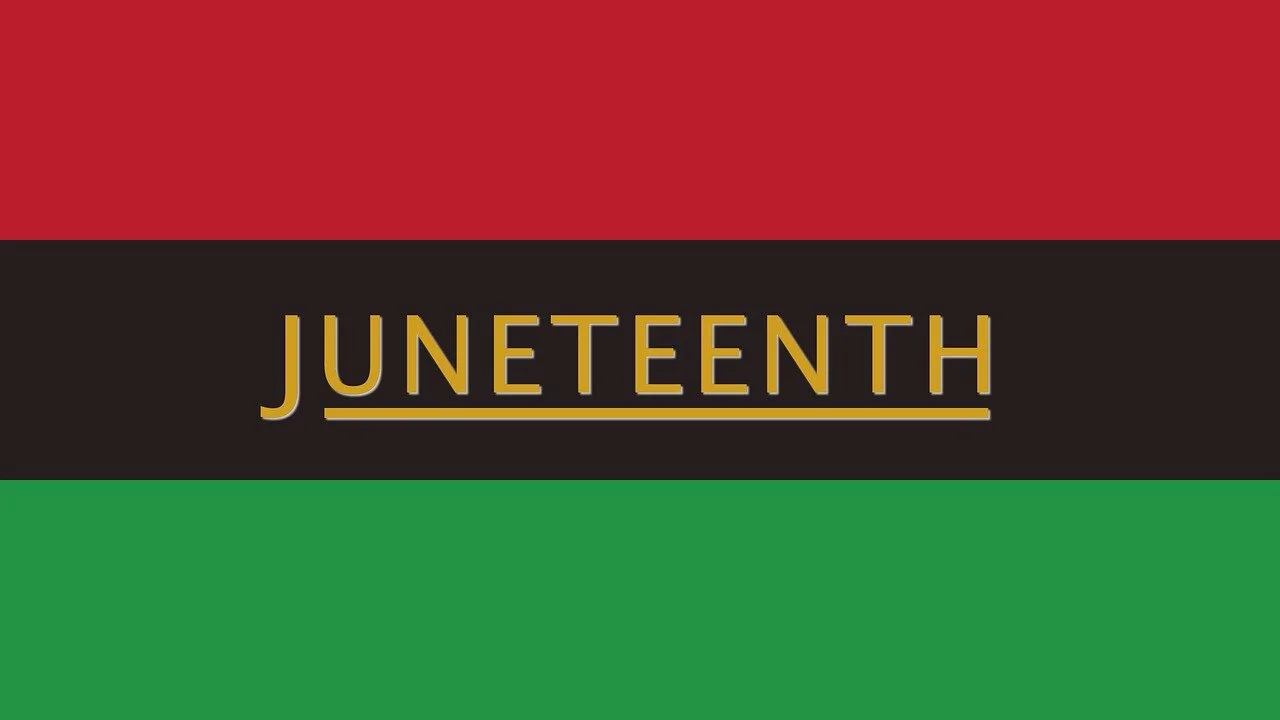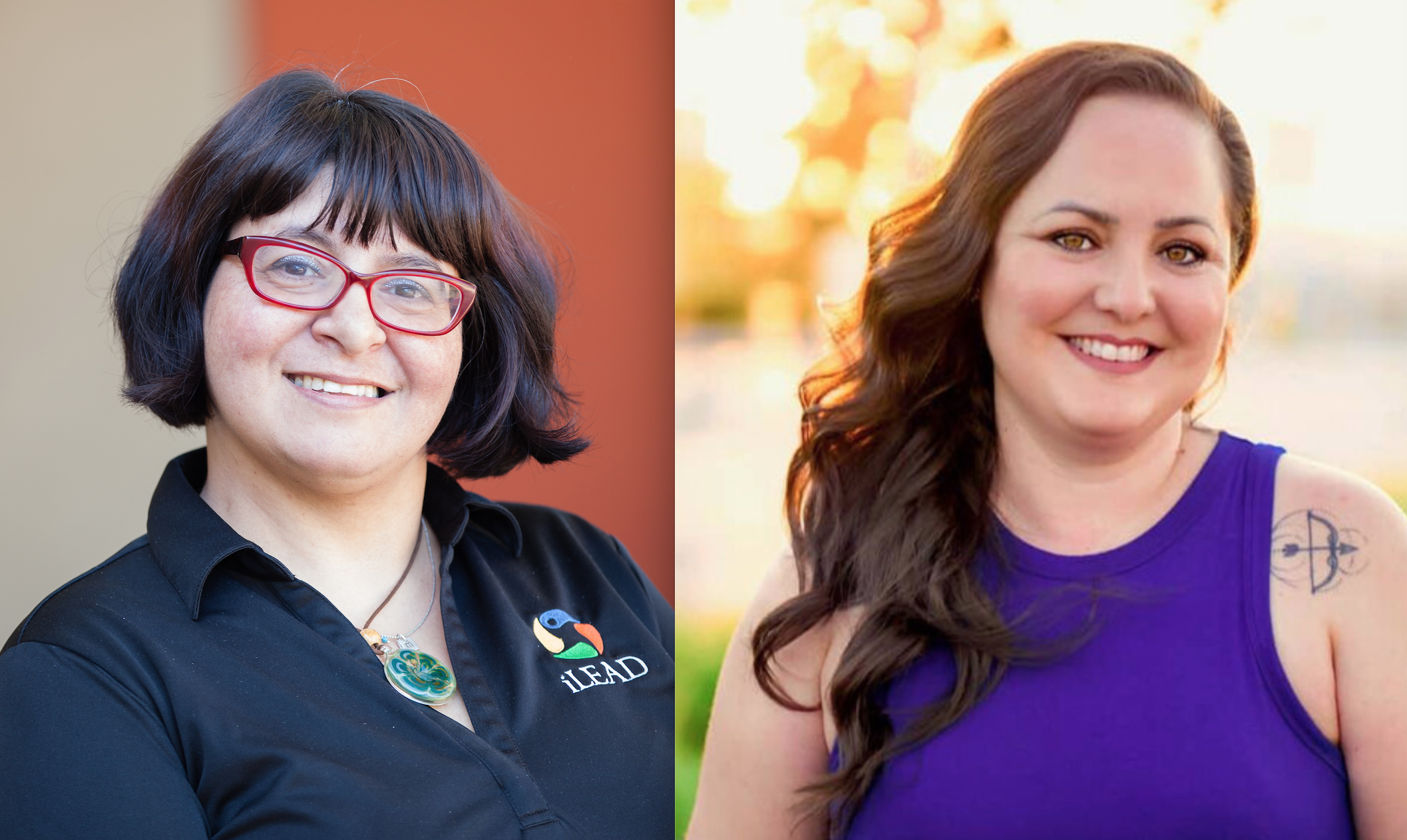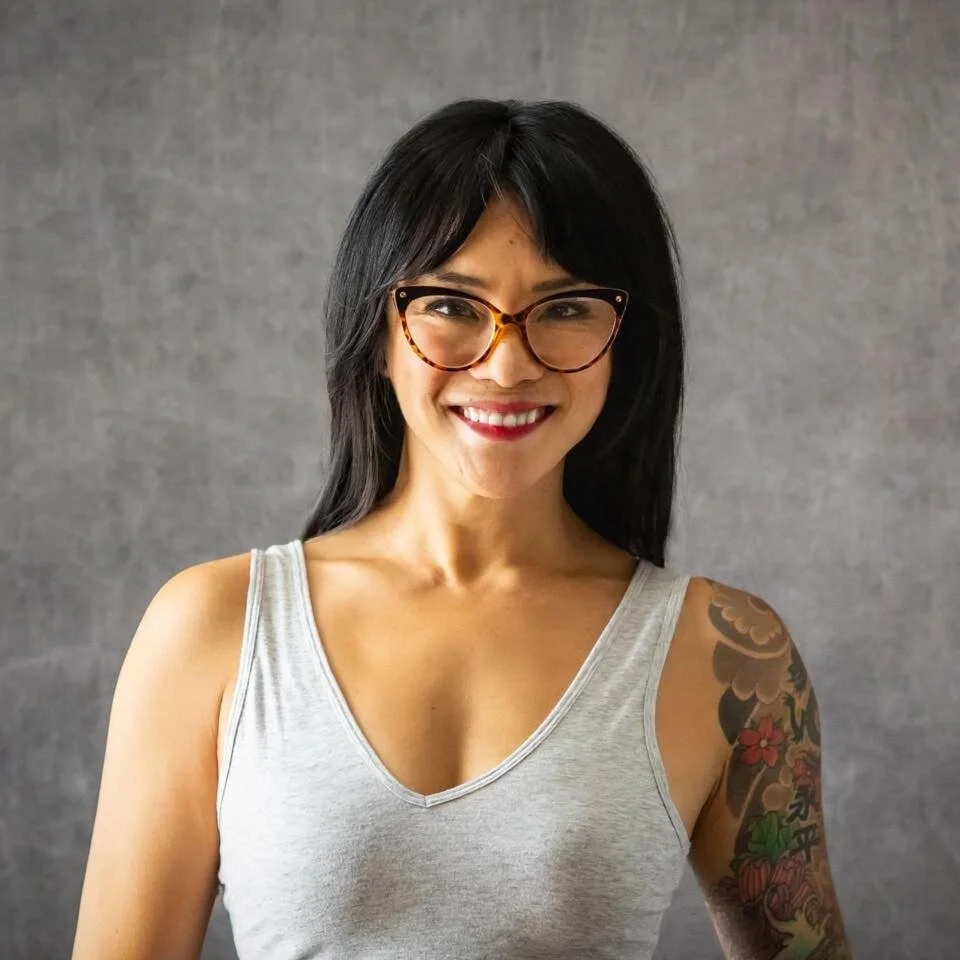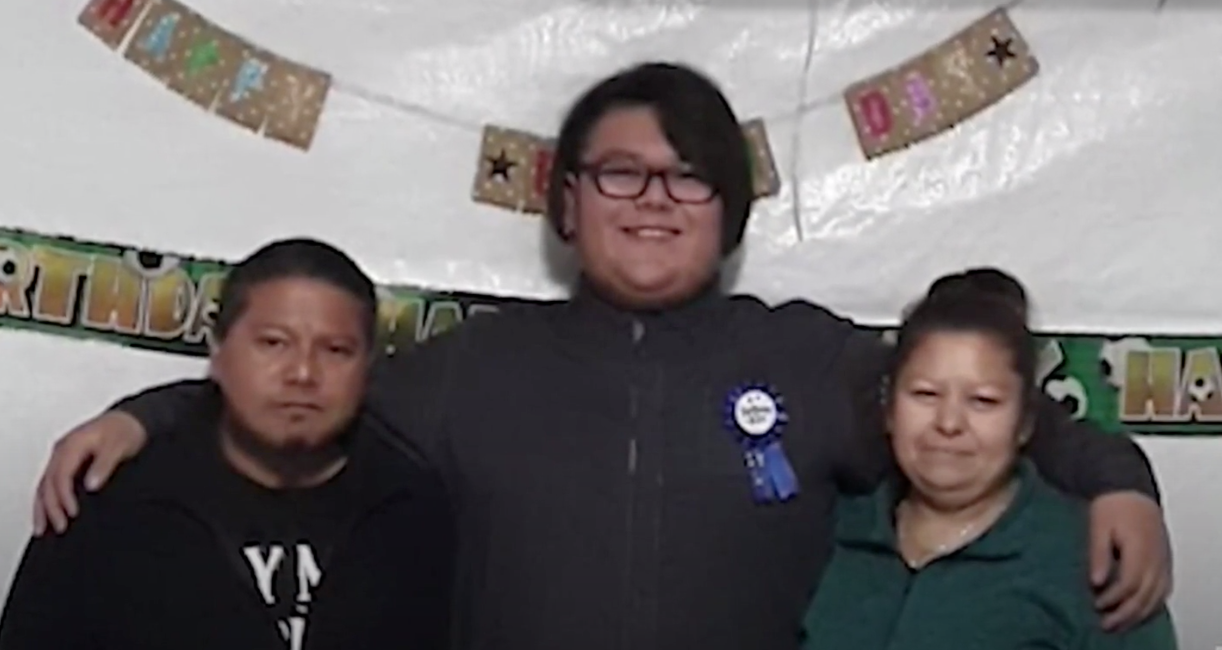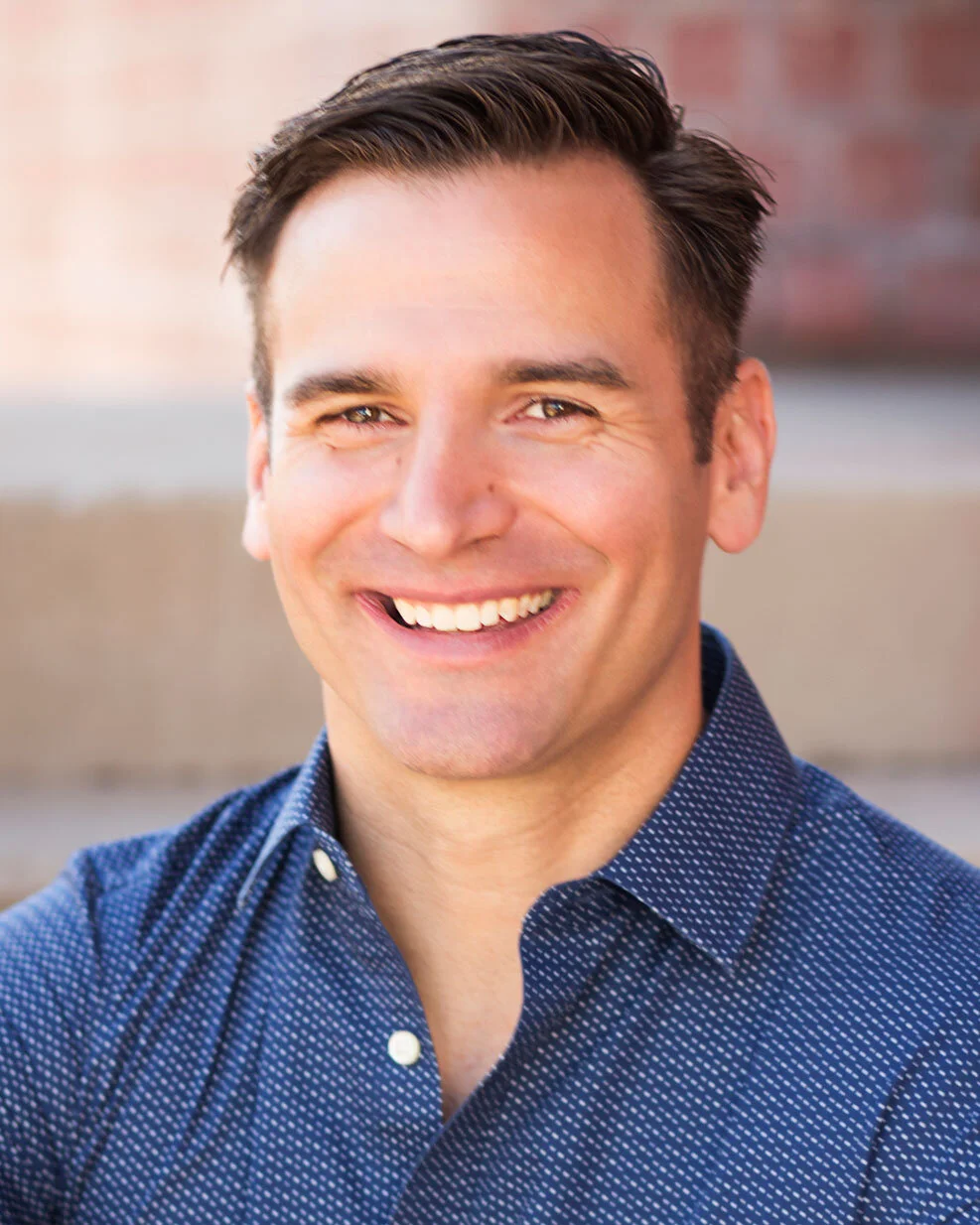Speak UP’s Parent of the Month: Hilda Ávila, ‘cultivating warrior parents’
/When Hilda Ávila became a mother 12 years ago, the leader inside her was born too.
A pregnancy class, followed by a parenting workshop, marked the beginning of her journey to becoming a parent leader in the community of Wilmington, in South Los Angeles.
“I started by attending classes, then became a volunteer, and I continue being involved to this day'', Hilda said about Harbor Pregnancy Help Center, a non-profit organization dedicated to supporting mothers to continue with their pregnancies, which was the first place that fostered Hilda’s spirit of service.
Hilda immigrated to Los Angeles from Mexico City, where she completed two years of college majoring in Communication.
"I wanted to take a year off and go back to get my college degree, but I stayed here and then became a mother."
Hilda began getting involved with her son Jaziel’s education as soon as he started attending the Head Start program at age 2. That's when she began advocating for children and their parents’ rights until it turned into her passion.
“I would enroll in the same classes over and over, because I think you always learn something new, and even from other parents in the class,” Hilda said. “Children won’t stay little forever. I had to keep learning and growing as a mother along with my child”.
Hilda has been collaborating with different organizations such as CARECEN, Families In Schools, Rotary Club of Wilmington, United Way Greater Los Angeles and Speak UP, on issues related to education, immigration, public health and even the environment.
She also collaborates with the Los Angeles Mayor Eric Garcetti’s office and the First 5 California Best Start program, which focuses on getting Los Angeles County children ready for kindergarten and their future school.
“I don't realize everything I do because I'm just passionate about it,” says Hilda. “Helping other parents grow gives me great satisfaction.”
When her son began attending LAUSD Fries Elementary, she started volunteering at the school’s Parent Center. And in 2018, Hilda was recognized as an “LAUSD Hero in Education” by then-Superintendent Michelle King and LAUSD School Board President Richard Vladovic.
“I had been serving in the PTO for 3 years then. At first, the principal...let’s just say that he wasn’t very fond of me, but later we began to collaborate very well. It was a teacher who nominated me, so it was very nice for me,”she said. "I experienced humiliation and criticism when I started getting involved, so that recognition for me was a real achievement."
Hilda joined Speak UP’s Latino Padres Unidos earlier this year, to be part of the Digital Parent Leadership Team, which was in charge of recruiting about 200 parents, through social media, to attend a virtual town hall in August about the new LAUSD superintendent search.
“To change something at the root it has to be top down. By changing the person who heads (the district) and with the support of parents, great changes can be achieved, ”said Hilda, who thinks Latino parents must get involved in the process.
Speak UP created a petition for parents to get involved in the search process for the next superintendent asking LAUSD school board members to elect a leader who can put kids first.
Hilda is currently leading a literacy workshop in Spanish called "Mamá reads, Papá reads", to help parents pass the love of reading to their children. She teaches the workshop to 20-30 parents per 10-week session. In addition to workshops, she also offers one-to-one support to parents facing challenges with their special education children or to parents of English learners, like her. She successfully helped her son reclassify.
"There are parents who tell me that they did not know that their children were classified as English learners," she said. Hilda believes that as parents, when advocating for their children, it is OK to demand, "but when demanding you must recognize your obligations too."
She also advises parents that they must prepare before advocating, so they don’t get carried away by their emotions. "If we get carried away by sentiment, we do not advocate effectively and that is when the system wins."
Here are some tips from Hilda on parent leadership:
Read More